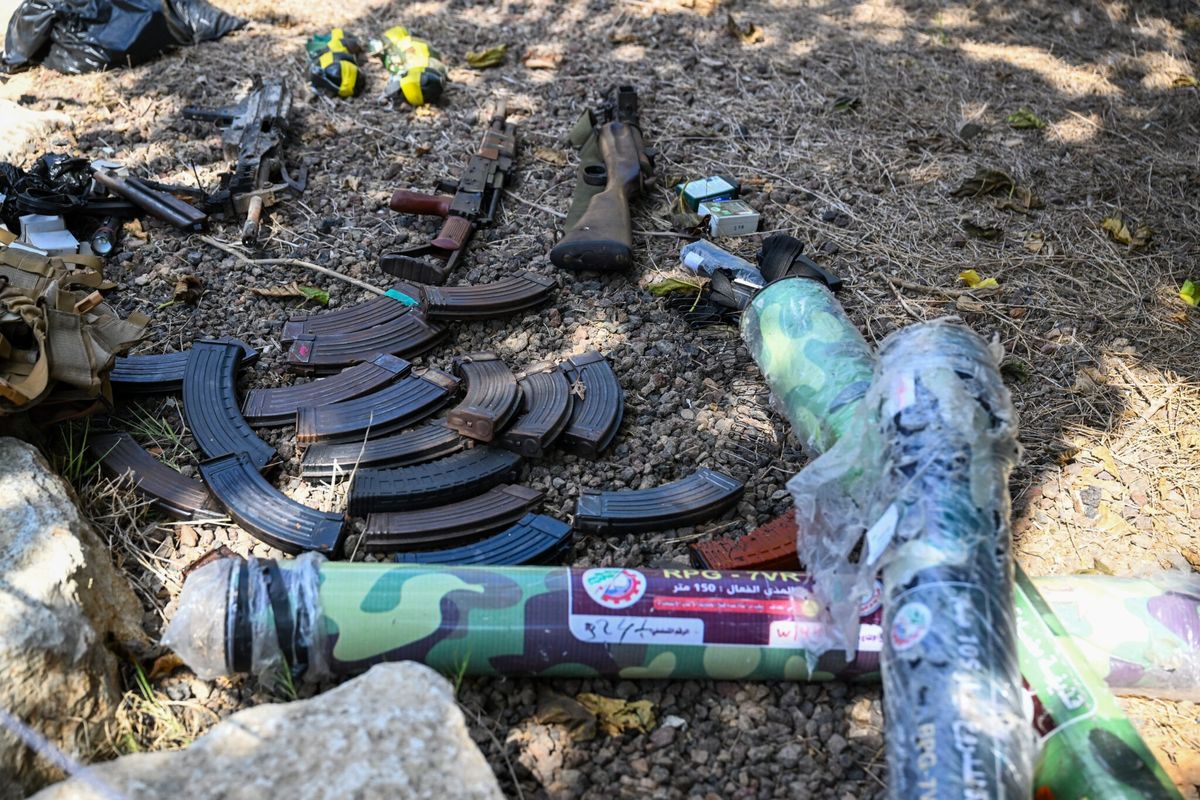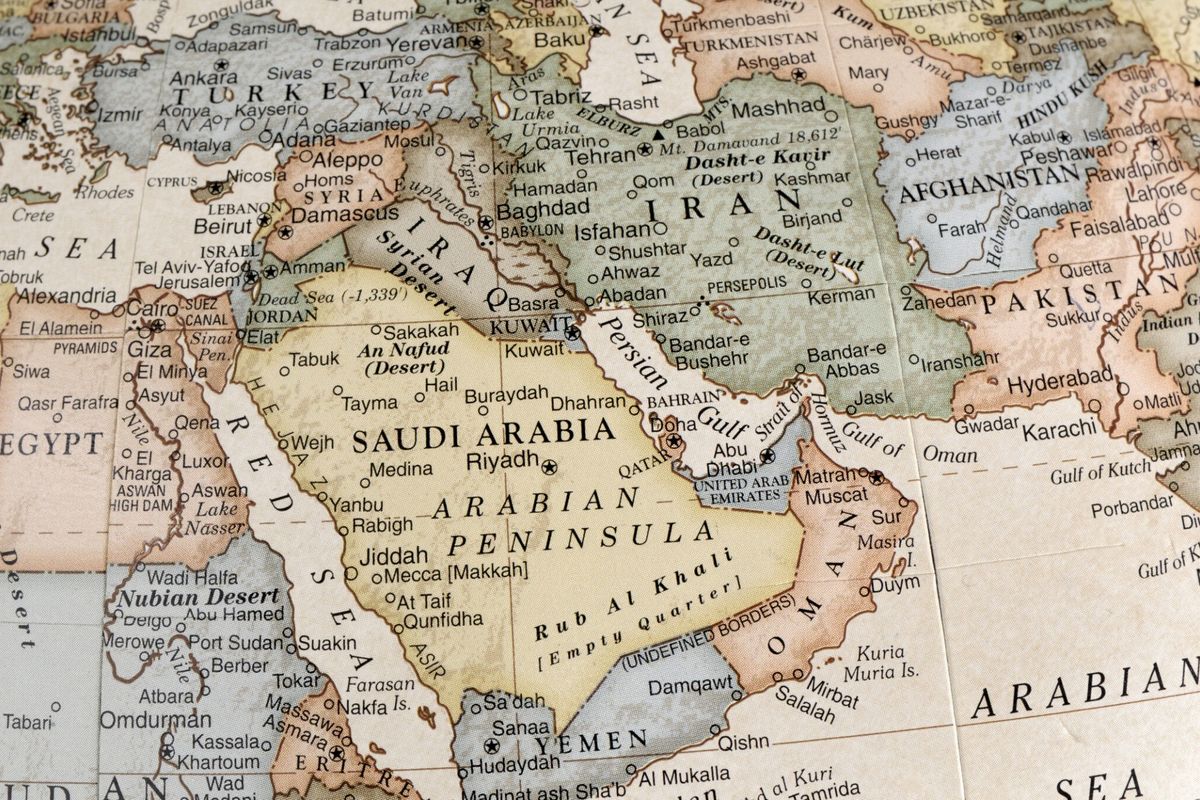When the so-called Arab Spring burst upon the Middle East five years ago, Henry Kissinger remarked that this was only “scene one of act one of a five act play.” How right he was.
Kissinger’s remark was a usefully sobering antidote to a brief moment of nearly unbounded euphoria. Recall the broad reaction in early 2011 to events in Tunisia and Egypt in particular: these initially peaceful revolutions were seen as the rebuttal to Al Qaeda’s advocacy of violence as the gateway to political change. All the more so as these changes were arising spontaneously from within Arab populations, with no external stimulus, and were about universal values such as freedom, democracy, and rule of law. The Arab world was awakening, reclaiming some of its enlightened past and rejecting autocracy. It was a hopeful moment.
We now know that Kissinger was right, as violence has swept across much of the region, played into the hands of extremists, and left the region harboring a large terrorist quasi-state in its heartland. It’s anyone’s guess what “act” we are in, but it is now common to compare what the region is going through to Europe’s 30 Year War (1616-1648). Much like the Middle East today, that was a war fought over religion, territory, and economic rights. Ultimately, it was settled by the Treaty of Westphalia, which yielded religious peace, sorted out geography, and gave us the outlines of the modern state system. But it did take 30 years.
The Arab Spring did not overturn all governments, but it did affect them all and has left its mark throughout the region. Five countries were more overtly affected than others:
Tunisia, where the example of a fruit seller immolating himself to protest governmental abuse and corruption in December 2010 touched off a region-wide rebellion. Tunisia’s revolution, though still fragile, has been relatively successful in producing a popularly elected government with a minimum of violence. Many things contribute to this, among them a constitutional tradition tracing back to the 19th century, a more developed middle class, and an army that tilted toward peaceful change.
Egypt, where the Tahrir Square revolt overthrew the authoritarian Mubarak government but brought to power an Islamist government in 2012 under the Muslim Brotherhood that failed to foster a pluralistic system, suffered a military coup, and ushered in a new military government. Although the public is wary of more disorder, the government is just barely keeping the lid on discontent. Terrorist attacks have soared, and there are about 42 thousand political prisoners. Egypt is one of the top two countries issuing death sentences with 509 condemned in 2014. It has the feel of a political time bomb.
Libya, where in the wake of Muammar Qaddafi’s ouster, two competing groups struggle for governing authority, while militias battle for parts of the country and the Islamic State has set up its major hub outside Syria. Libya is a dangerous “ungoverned” space and terrorist safe haven from which extremism is spreading deeper into Africa.
Yemen, where the long-dominant Saleh government fell after turmoil throughout 2011 and was replaced by a government headed by Abdrabbuh Mansour Hadi, after an election in which he ran unopposed. His government collapsed early this year in the midst of attacks by Shiite Houthi rebels, and in recent months the country has been at war as Saudi Arabia and a few Arab partners, sensing Iranian intrigue on the peninsula, have sought to suppress the Houthis and restore Hadi to power.
And of course Syria, where the Assad regime’s suppression of protest in 2011 has led to the most violent civil war the region has seen in decades.
Of the countries that have not experienced upheaval, Morocco is probably least likely to erupt, largely because King Muhammad VI has been introducing reforms for more than a decade, essentially moving the country toward a constitutional monarchy. Jordan too is led by a progressive and relatively popular monarch, King Abdullah, who nonetheless is walking a tightrope because of a poor resource base, discontent with austerity, and an ever-growing refugee population. Although Algeria, led by the region’s most authoritarian government, has many of the conditions that sparked revolution elsewhere, its internal security service has a proven record detecting and squashing dissent. Moreover, the government, drawing on sizable oil and natural gas revenues, has spent large sums on improved public services and price supports to mollify the public, which itself is wary of turmoil because of the country’s brutal civil war from 1990-1998. Saudi Arabia too has spent large sums – hundreds of billions – on public services to head off dissent. Riyadh’s problem, though, is declining oil prices that prevent it from replenishing large foreign currency reserves at the rate at which it doles out welfare money. Saudi Arabia’s relative placid surface may be deceptive.
How will the forces unleashed by the Arab Spring continue to reverberate? Keeping in mind Kissinger’s caution, confident prediction is impossible. But it’s possible to discern a few pointers for the future:
First, nothing will be more important than the outcome of the Syrian civil war and the fate — hopefully the defeat — of the Islamic State. That war and the terrorism it spawned are the ultimate perversions of the Arab Spring’s most hopeful aspirations. A Syrian settlement, if and when it comes, will set precedents for everything, from governance standards, to the role of great powers, and the Persian-Arab and broader Sunni–Shia rivalry roiling the region.
Second, the quality of leadership will be critical, as shown by the relative success Tunisia has enjoyed and by the insulation of Morocco so far from the most malign influences.
Third, the role of great powers – the United States, Europe, Russia, perhaps eventually China – will be important. Will they break with their long competitive history in the region and find a way to pool their resources to assist modernizing forces? Perhaps too much to hope for – but this situation calls for some new vision.
Finally, the people themselves – where this all began. As the early days of the Arab Spring showed so dramatically, there is more yearning for change and reform than most outside observers knew. That is almost certainly still there. And that in the end must be the foundation on which the Middle East rebuilds itself.












